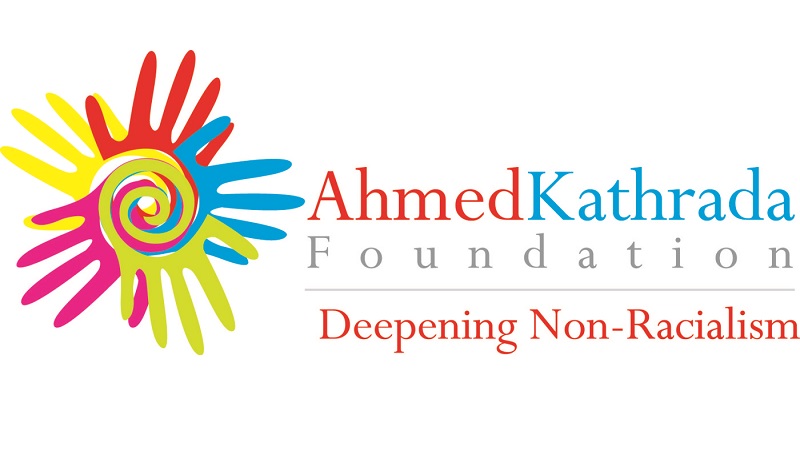The Ahmed Kathrada Foundation has called for thorough investigations to be conducted in cases where people have died in police custody, or shortly after being assaulted by law enforcement agents, and for the investigation into the death of Collins Khoza in Johannesburg to be reopened.
Police officers or soldiers involved in brutal attacks must be held accountable if they are found to have violated basic human rights, the foundation said in a statement on Sunday.
The conclusions of the South African National Defence Force (SANDF) investigation into Khosa’s death after he was allegedly assaulted by soldiers at his home in Alexandra in Johannesburg on April 10 “come across as being a cover up. This probe must be reopened”.
“Our government should not think that South Africans will allow for the erosion of their human rights and democratic values, simply because we are fighting a pandemic [Covid-19]. This period, more than ever, calls for an entrenchment of democratic practices,” the foundation said.
It was troubling that the lives of black people “still continue to be disregarded”, the foundation’s anti-racism manager Busisiwe Nkosi said in the statement.
“That black lives continue being undervalued is part of systemic racism that in recent years has been given momentum through the global rise of white supremacist ideals. When political leadership does not address the issue head on, it results in a normalisation of this ‘undervaluing’.
“At the onset of Youth Month in South Africa, the memories of apartheid and police brutality against the unarmed youth of Soweto in June 1976, which resulted in over 600 deaths, must enjoin us to stand in solidarity with the victims of similar racialised violence today,” Nkosi said.
June also commemorated the 65th anniversary of the Freedom Charter in South Africa. The document was drawn up seven years after apartheid was formally adopted as state policy, but captured the hopes and aspirations of ordinary South Africans for racial equality.
“The Freedom Charter has served as a vision of hope, not only for South Africa, but provides a template for [a] better world in which the humanity of every individual is recognised. It is this vision, for a more equal society, that should continue serving as an inspiration for anti-racist movements today in championing an inclusive and just world,” Nkosi said.
Source: ANA






 WhatsApp us
WhatsApp us 

